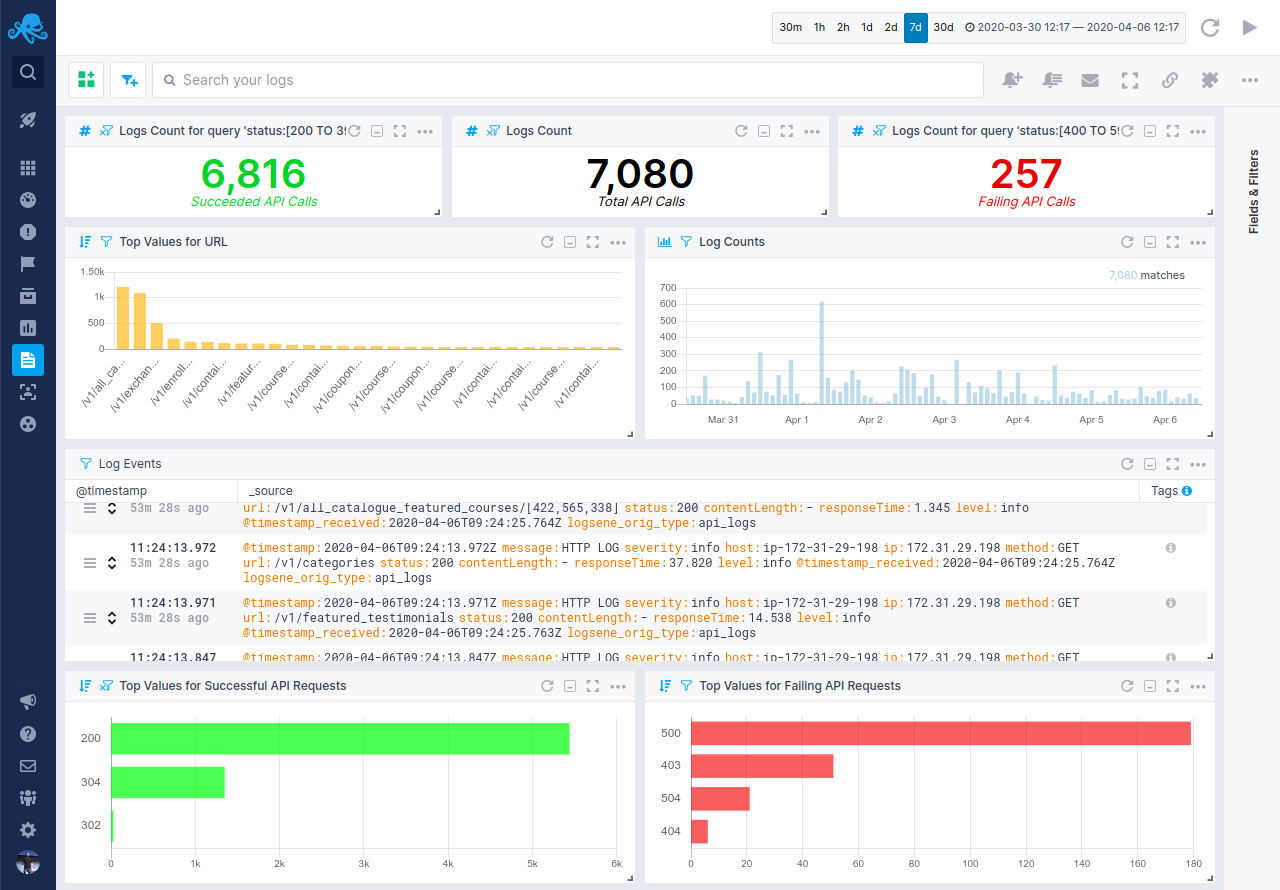
- #How to check docker syslog how to#
- #How to check docker syslog driver#
- #How to check docker syslog verification#
- #How to check docker syslog windows#
If not specified the local UNIX syslog format is used, without a specified hostname. Refer to the log tag option documentation for customizing the log tag format. By default, Docker uses the first 12 characters of the container ID to tag log messages. Ignored if the address protocol is not tcp+tls.Ī string that is appended to the APP-NAME in the syslog message.
#How to check docker syslog verification#
If set to true, TLS verification is skipped when connecting to the syslog daemon. log-opt syslog-tls-key=/etc/ca-certificates/custom/key.pem Ignored if the address protocol is not tcp+tls. log-opt syslog-tls-cert=/etc/ca-certificates/custom/cert.pem The absolute path to the TLS certificate file. log-opt syslog-tls-ca-cert=/etc/ca-certificates/custom/ca.pem The absolute path to the trust certificates signed by the CA. Can be the number or name for any valid syslog facility. If the transport is tcp, udp, or tcp+tls, the default port is 514. The URI specifier may be ://host:port, unix://path, or unixgram://path. The address of an external syslog server. They can also be set on a givenĬontainer by adding a -log-opt = flag for each option when Key-value pairs to the log-opts JSON array. They can be set as defaults in the daemon.json, by adding them as The following logging options are supported as options for the syslog loggingĭriver. $ docker run \ -log-driver syslog -log-opt syslog-address =udp://1.2.3.4:1111 \ The syslog-address options supports both UDP and TCP
#How to check docker syslog driver#
The following example sets the log driver to syslog and sets the For more aboutĬonfiguring Docker using daemon.json, see
#How to check docker syslog windows#
Located in /etc/docker/ on Linux hosts orĬ:\ProgramData\docker\config\daemon.json on Windows Server. To use the syslog driver as the default logging driver, set the log-driverĪnd log-opt keys to appropriate values in the daemon.json file, which is The format is defined in RFC 5424 and Docker’s syslog driver implements theĪBNF reference in the following way: TIMESTAMP SP HOSTNAME SP APP-NAME SP PROCID SP MSGID

In combination with metrics, logs can be added to your monitoring analysis.The syslog logging driver routes logs to a syslog server. Since you’re saying that you didn’t like Graylog, how about Elastic Stack then? Here’s a compiled list of plugins actively polling things: Or you use plugins to actively query ES or Graylog.Have centralized logging collectors such as Elastic Stack or Graylog, define rules and forward alerts to Icinga.Actively grep the log files on hosts with check_logfiles.Anyhow, you’ll need something which aggregates syslog and log files in a reasonable way. I’m not sure why you’re using Docker here, especially since you’re saying that you’re new to both, Icinga and Docker. This has nothing to do with general syslog monitoring. The SyslogLogger object you’ve found is an Icinga specific log context, meaning to say, the daemon will log its lines to syslog having this feature enabled. Icinga itself is a monitoring tool and depends on plugins feeding in data and states. I can see lots of the client setups in icinga is done thought conf files in a txt editor much like nagios but should i also edit conf files when using docker? cause this seems a little more tricky for furture setups?īasicly im just going for a icinga setup that just eats up and processes ANY syslog input it may get on port 514 udp/tcpĬould someone push me in the right direction? i would be graetfull cause now i seem a little stuck
#How to check docker syslog how to#
But i’m a bit confused as how to use the documentation in a docker context? if i need to at all? So it seams i need to add sysloger as a object type. Then i snooped around a bit and finally decided to go about trying out syslog monitoring. I got icinga up and running in docker faily easy, nice job on the documentation there.

My problem with these decisions is the learning curve since im new to icinga and docker. I also decided to go with docker because… well many reasons. Then i thought about icinga which i was looking into once back in the day.

I have tried graylog and many other but not really found one tool i was happy with. I’m looking for a tool to monitor syslog traffic.


 0 kommentar(er)
0 kommentar(er)
